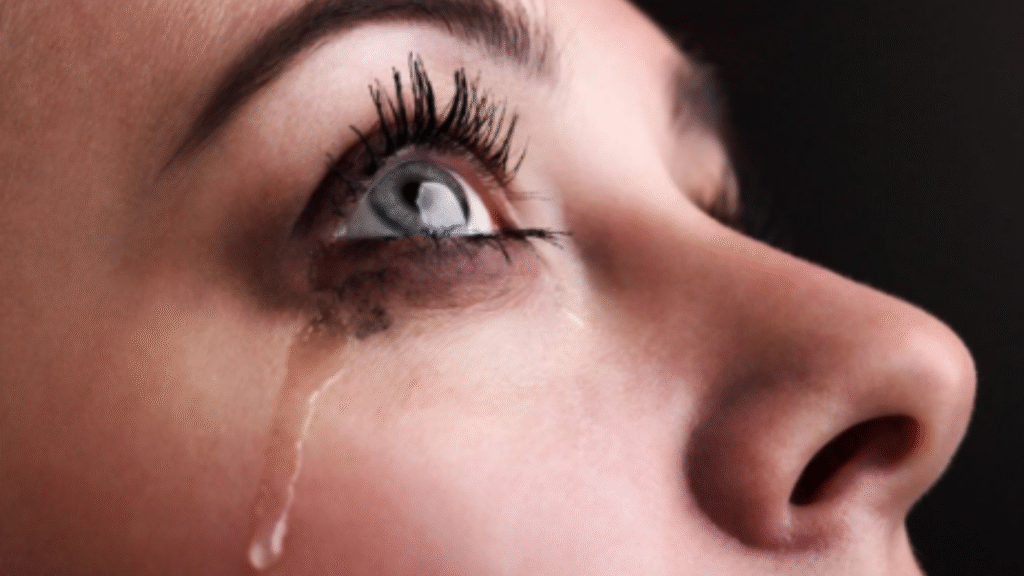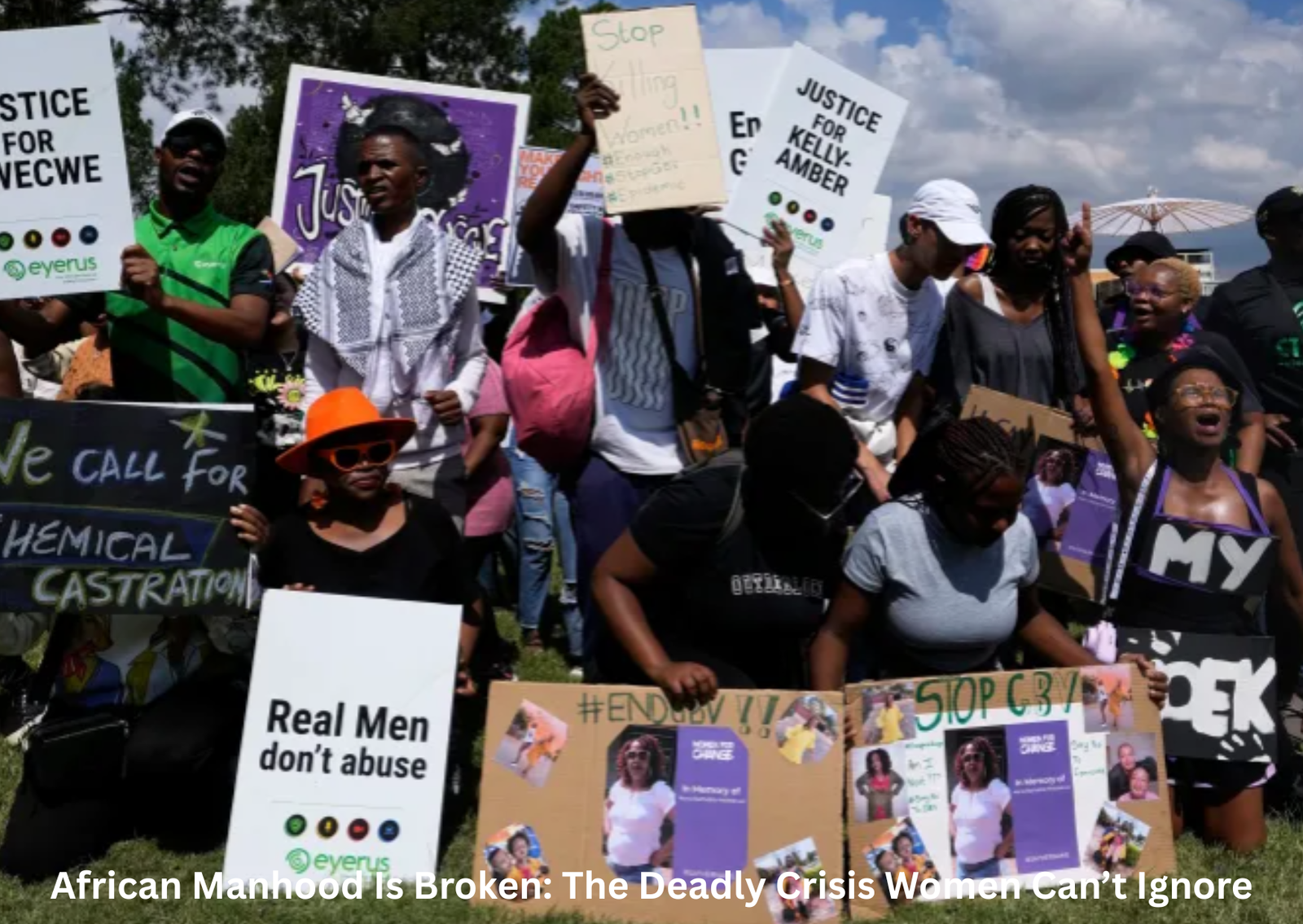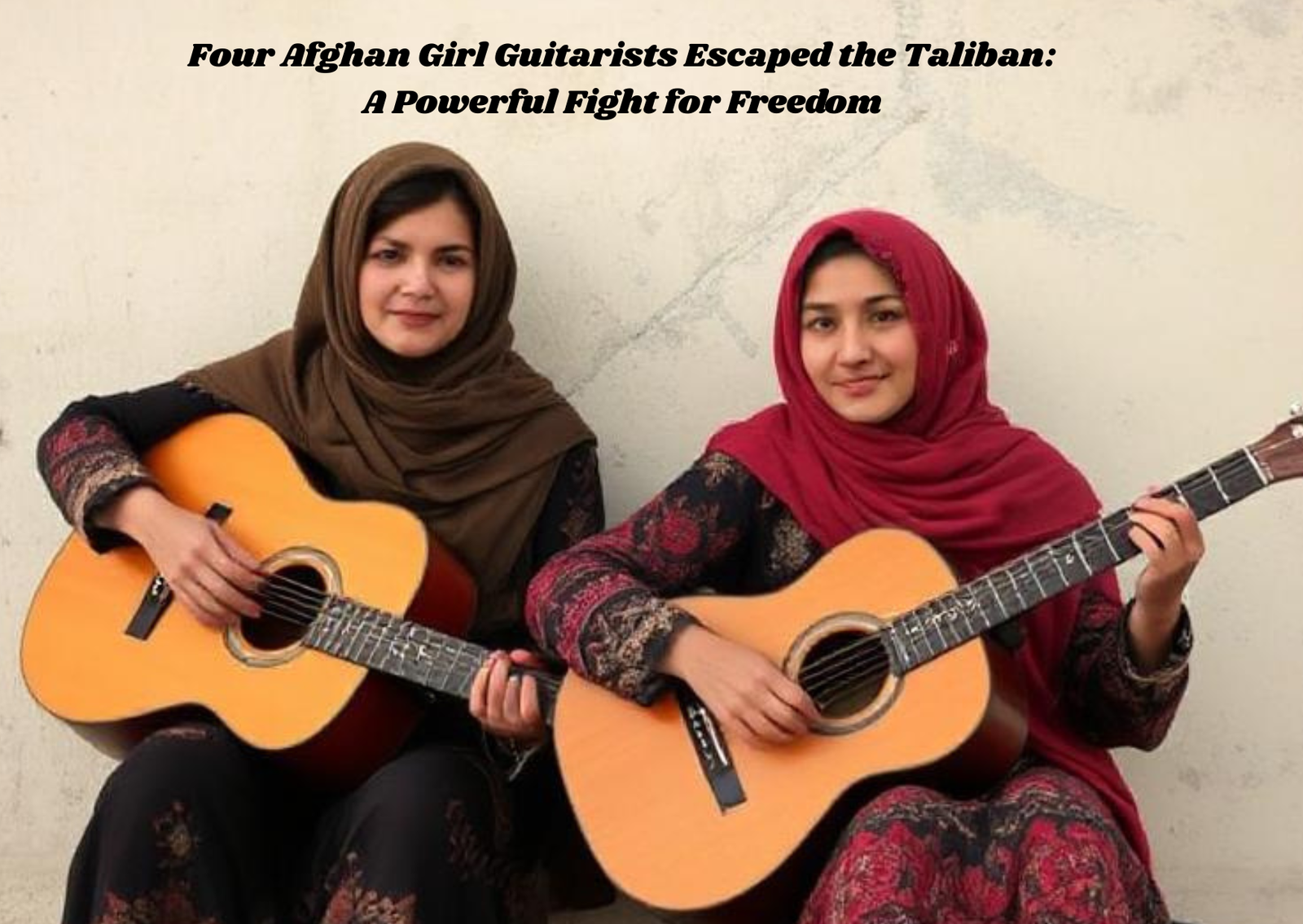African manhood is broken and women are dying because of it. From Johannesburg to Eldoret, stories of gender-based violence, femicide, and patriarchal brutality are growing by the day. It’s not just a social problem it’s a deep-rooted crisis killing thousands of women every year.
Real-Life Example – The Tragic Story of Olorato Mongale
On May 25, 2024, Olorato Mongale, a 30-year-old South African student, went on a date with a man she had just met. Less than two hours later, her body was found on a roadside. It showed signs of extreme trauma and violence.

Her death was not random. It reflected a pattern of male violence in South Africa, where a woman is murdered every three hours. Despite years of awareness campaigns and policy changes, the reality remains: African manhood is broken, and it’s killing women.
Cultural Norms That Sanction Abuse
From forced marriage in Kenya to dowry violence and FGM in rural regions, harmful traditions normalize women’s suffering.
In Kenya, Olympian and mother Rebecca Cheptegei was doused in petrol by her former partner and set on fire in 2024. Her death stunned the world but it was just one of over 100 femicides reported in the country over four months.
These aren’t isolated incidents. They are part of a cultural epidemic built on control, silence, and systemic neglect.
Why African Manhood Is Broken
The Human Sciences Research Council found that persistent gender-based violence is rooted in entrenched patriarchy. Young boys are taught to equate masculinity with dominance, not empathy. Emotion is weakness. Control is power.

According to Afrobarometer, 48% of Africans believe domestic violence is a “private matter.” This mindset protects abusers and silences victims.
African manhood is broken because it’s built on suppressing emotions, excusing violence, and upholding male superiority at all costs.
The Problem Isn’t Policy – It’s Culture
South Africa launched its second national council on gender-based violence in 2024. Yet women keep dying. In Kenya, GBV was declared a national security crisis. Still, progress is slow.
Why? Because changing policy without changing culture doesn’t work.
When men are raised to believe they own women’s bodies, and when governments only act after public outcry, real change cannot take root. The crisis is cultural and the cure must begin at home, in schools, churches, and communities.
A New Model of African Masculinity
It’s time for a cultural shift.
- Redefine manhood: Strength means respect, not violence.
- Raise emotionally intelligent boys who reject abuse as a form of power.
- Celebrate men who speak out against harmful customs.
- Support survivors and center their voices.
As South African rugby captain Siya Kolisi said, “Men are not doing enough.” And he’s right.
African manhood is broken, but it can be rebuilt. Not through slogans, but through daily action.
Women Deserve Better – Africa Deserves Better
Until African men confront this reality, women will continue to suffer. Women like Olorato Mongale, Karabo Mokoena, and Rebecca Cheptegei didn’t die because of isolated madness. They died because of tolerated patterns, unchecked masculinity, and collective silence.
It’s time to break the silence. It’s time to fix what’s broken.
Woman One Network’s Message – The Deadly Crisis Women Can’t Ignore
Publish by: Woman One Network | w1network.org
At Woman One Network, we believe empowering women starts by challenging the systems that endanger them. Our platform is dedicated to truth-telling, justice, and gender equity. We stand with every woman silenced, harmed, or lost to toxic masculinity and we demand a future where their lives are valued.




